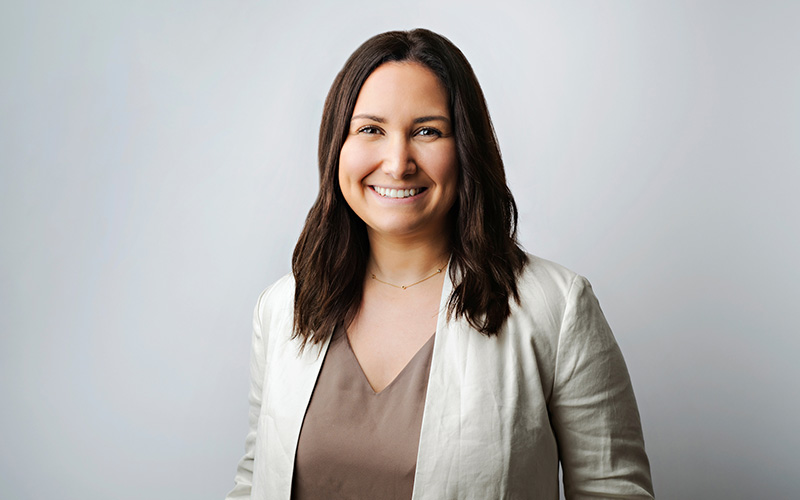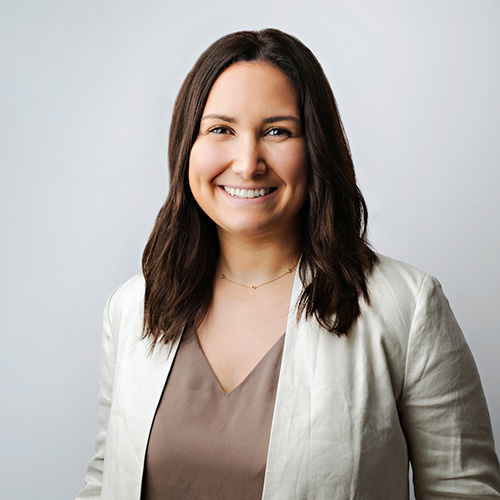In this recent motion, the Ontario Superior Court of Justice considered the requirements for a party to succeed in obtaining what is otherwise privileged information. In Salamaszynski v Michael Garron Hospital, the Plaintiffs requested any correspondence between the Defendants and their expert witness following a suspicion that the expert had been coached or improperly influenced on the information in his report.
Specifically, the Defendants served an expert report from Dr. Karbi in which he was asked to make certain assumptions. One of those assumptions was that, when the deceased Plaintiff saw the Defendant doctor in the emergency room, he told her that he began experiencing constant chest pain at 5:00 a.m. on the day in question. Counsel for the Defendants advised when they delivered the expert report that it would be the Defendant doctor’s evidence at trial that the Deceased reported this information to her. In a later exchange, Defence counsel advised that the Defendant doctor’s evidence was based on her own independent recollection of the encounter with the deceased. It was not based on any record or note.
The Plaintiffs argued that this was never the Defendant doctor’s evidence, and this evidence was contrary to the evidence she gave on discovery. Accordingly, the Plaintiffs sought production of the instruction letter from Defence counsel to Dr. Karbi, along with all emails between them and any memos detailing any conversations regarding his assumption.
Referencing the Court of Appeal decision Moore v. Getahun, the parties agreed that in order for the Plaintiff to succeed in obtaining disclosure of what was otherwise privileged information, there must be evidence that “might support a reasonable suspicion that counsel improperly influenced the expert”.
It was Justice Jolly’s opinion that the Plaintiffs had not met this low bar for two reasons:
- There was no evidence to suggest that counsel was involved in improperly influencing the expert; and,
- While the Plaintiffs were of the position that the Defendant doctor’s change in evidence must have come from some improper coaching or interference, the expert did not make any findings or draw any conclusions about the truth of the assumptions he was asked to make.
Furthermore, Justice Jolly disagreed with Plaintiffs’ counsel suggestion that the new information from the Defendant doctor was so implausible that the Defendants should have been required to disclose what they told the expert about. In doing so, Justice Jolly pointed out that the expert had complied with Rule 53.03(2.1)(6)(i) by disclosing the foundational information, including the factual assumptions, on which his opinion was based. Unless and until the expert was called at trial, this was the information to which the Plaintiffs were entitled to.
Likewise, Justice Jolly noted that while the Plaintiffs could put the Defendant doctor on cross examination regarding the inconsistencies between her notes from seven years prior and her recent recollection, this was ultimately an issue for trial.
The motion was dismissed. Justice Jolly concluded that the Defendants had disclosed the information prescribed by Rule 53.03(2.1). There was no evidence that supported a reasonable suspicion that counsel improperly influenced the expert. Accordingly, litigation privilege continued to attach to communications between defence counsel and the expert.
This case serves as an important reminder that despite the low bar, mere suspicion is an insufficient ground to request privileged information. Rather, there must be an evidentiary basis to suggest that an expert has been improperly influenced to provide their assumptions.
See Salamaszynski v Michael Garron Hospital, 2023 ONSC 704 (CanLII)

